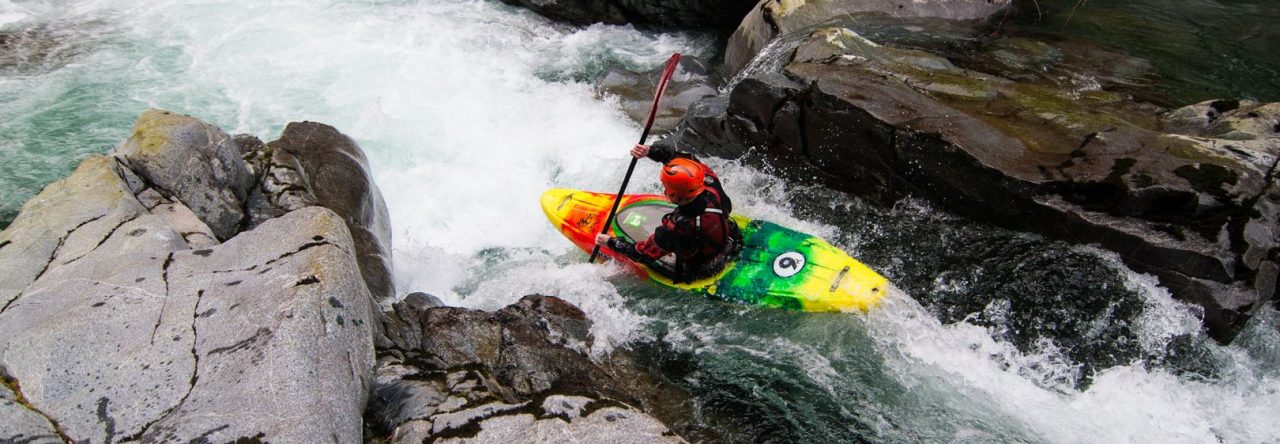Research Question
What impacts do commercial river operations in British Columbia have upon river protection?
Objectives
I wish to discover how the community that develops around commercial river operators interacts with the river environment. I will look at the current best practices as well as other studies of the environmental impact the operations have physically. I hope to do primary research to discover the whether the culture surrounding the operations has eco-centric approach to recreation. At the end of my research, I hope to have the ability to either support or oppose the commercial river industry as an environmental protector.
Rationale for Interdisciplinary Approach
Environmentalism is an inherently interdisciplinary pursuit. There are many factors that influence our interaction with the environment. This question marries the physical sciences of ecology, geology and hydrology with the social sciences like tourism, cultural studies and philosophy. One discipline is inadequate for creating a broader understanding of such a multi-faceted situation. Ideally this interdisciplinary approach will create answers that are viable and logical to most perspectives.
Identification of Relevant Disciplines
This question can be tackled from a plethora of approaches: legal, political, tourism, economic, sociological, ecological, hydrological, geological. I have isolated three that I will be focussing on. Environmental science as a combination of ecology, hydrology and geology will allow insight as to whether there is a problem and the scale of the impact. We need sociology to look at the cultural factors that facilitates actions to degrade the environment. Thirdly, by centering this research around commercial operations the problem lies directly in the scope of tourism studies. Looking at the trends in tourism should give insight as the direction the industry is heading. While many of the other disciplines would give further insight into this question the scope of this paper must be narrow enough to complete within a year. Furthermore, the legal, political, economic approaches are most heavily linked to the British Columbian region and laws where the other disciplines may be more transferrable as I approach this subject while traveling.
Project Outline
Abstract
Acknowledgements
Table of Contents
Introduction
Chapter 1: Literature Review
Introduction
The importance of environmentalism
Tourism’s impact of the environment
The impact of exposure to nature on environmental sentiment
Current environmental guiding standards in British Columbia
Current Best Practices
Chapter 2: Methodology
Introduction
Approach
Data Collection and Analysis Process
Chapter 3: Analysis
Findings (TBD)
Chapter 4: Discussion Summary
Conclusion
Acknowledgement of Other Disciplines
Call to Action
Further Research
References
Appendix 1: Survey
Appendix 2: Ethics Approval
